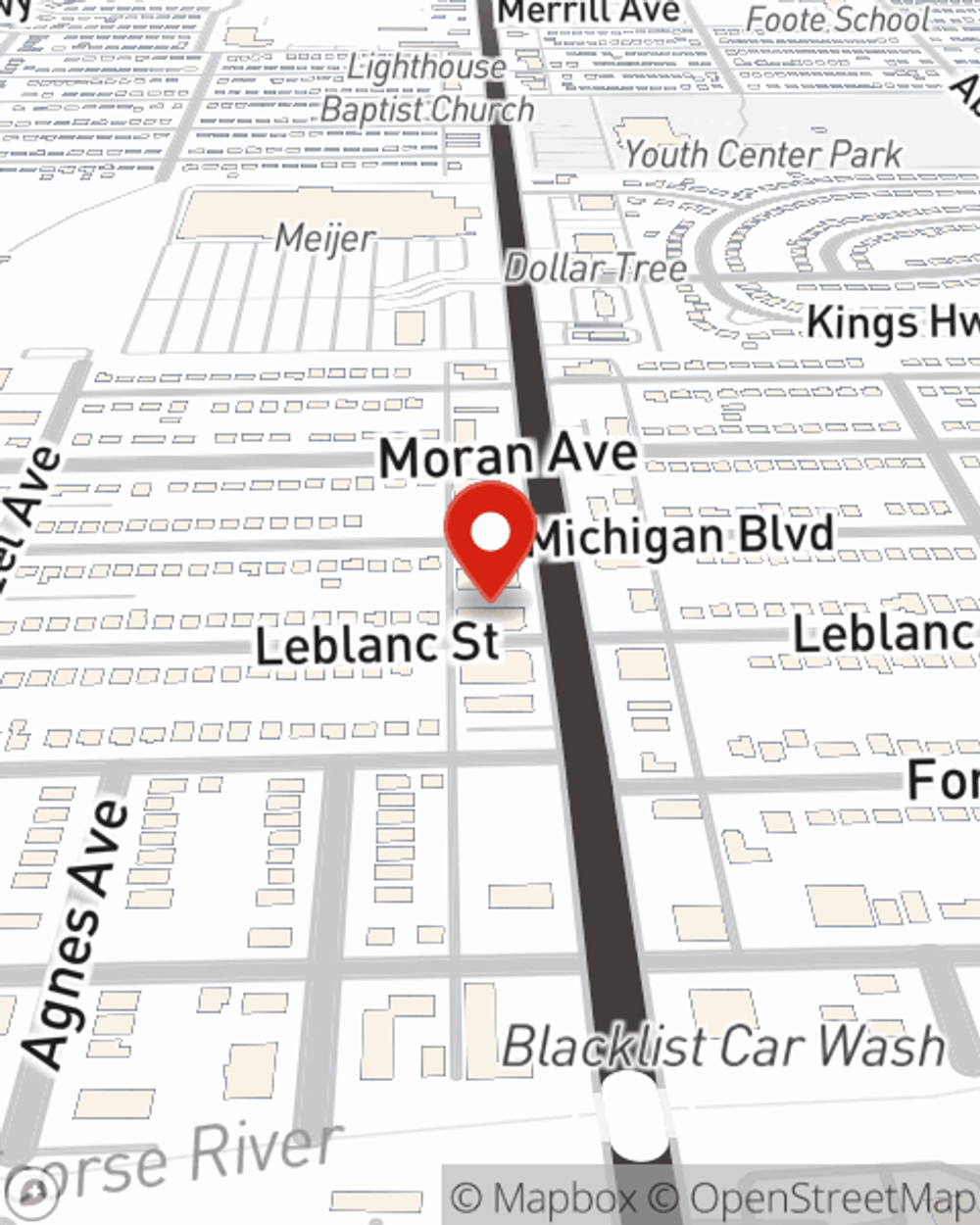Renters Insurance in and around Lincoln Park
Lincoln Park renters, State Farm has insurance for you, too
Renting a home? Insure what you own.

Would you like to create a personalized renters quote?
There’s No Place Like Home
Your things are important; keeping them secure should be just as important. Doing what you can to keep it safe just makes sense! That’s why the most sensible step is getting renters insurance from State Farm. A State Farm renters insurance policy can protect your possessions, from your jewelry to your running shoes. Not sure how much insurance you need? We have answers! Roger Williams wants to help you consider your liabilities and help select the right policy today.
Lincoln Park renters, State Farm has insurance for you, too
Renting a home? Insure what you own.

Agent Roger Williams, At Your Service
Renting is the smart choice for lots of people in Lincoln Park. Whether that’s a house, a townhome, or an apartment, your rental is full of personal possessions and property that adds up. That’s why you need renters insurance. While your landlord's insurance may take care of smoke damage to the walls or an abrupt leak that causes water damage, what about the things you own? Finding the right coverage helps your Lincoln Park rental be a sweet place to be. State Farm has coverage options to align with your specific needs. Thankfully you won’t have to figure that out on your own. With empathy and reliable customer service, Agent Roger Williams can walk you through every step to help you helps you identify coverage that safeguards the rental you call home and everything you’ve invested in.
More renters choose State Farm® for their renters insurance over any other insurer. Lincoln Park renters, are you ready to discuss your coverage options? Visit State Farm Agent Roger Williams today to see what a State Farm policy can do for you.
Have More Questions About Renters Insurance?
Call Roger at (313) 768-1223 or visit our FAQ page.
Simple Insights®
Should you DIY your move or hire someone?

Should you DIY your move or hire someone?
Moves can vary in price — and effort. We walk you through your options, from DIY to full-service professional movers, and provide recommendations for when to opt for each.
Is renters insurance required?

Is renters insurance required?
Renters insurance protects more than your belongings in the event of a loss. Learn about what renters insurance covers and how it can help you.
Roger Williams
State Farm® Insurance AgentSimple Insights®
Should you DIY your move or hire someone?

Should you DIY your move or hire someone?
Moves can vary in price — and effort. We walk you through your options, from DIY to full-service professional movers, and provide recommendations for when to opt for each.
Is renters insurance required?

Is renters insurance required?
Renters insurance protects more than your belongings in the event of a loss. Learn about what renters insurance covers and how it can help you.
